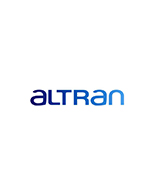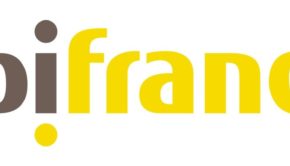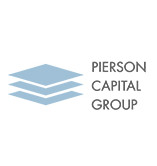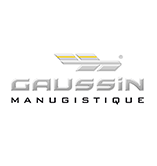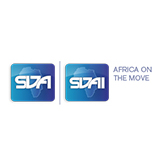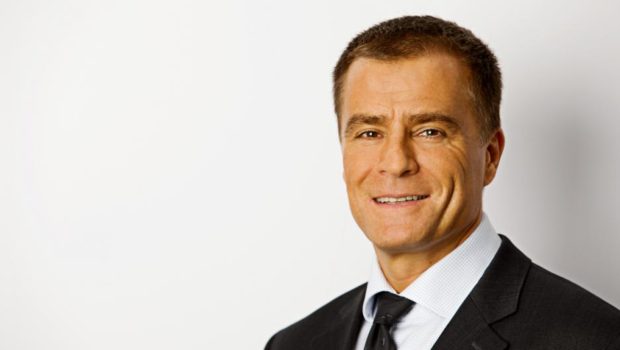Altran Technologies is a leading provider of technology and engineering consulting services, with a presence in over 20 countries worldwide. Its primary activities are high technology and innovation consulting, as well as administrative and information technology consulting. Founded in 1982, Altran now has revenues of €1.8 billion, 500 major clients, and over 24,000 employees around the world.
Altran is divided into five main industries: Automotive, Infrastructure and Transportation; Aeronautics, Space, Defence and Rail; Energy, Industry, and Life Sciences; Financial Services and Public Sector; and Telecoms and Media. It also counts four transversal solutions: Product Lifecycle Management, Embedded and Critical Systems, Mechanical Engineering and Information Systems.
Among Altran’s most notable and prestigious projects are the communications systems in France high-speed trains, an autopilot system in the Airbus A320, and the non-stop solar airplane Solar Impulse.
Altran has made a number of commitments to corporate social responsibility, including joining the United Nations Global Compact meant to promote human rights, labour standards, respect for the environment and the fight against corruption.
Each year, Altran sponsors an international award for innovation through the Altran Foundation. The company selects a theme each year and calls on scientists around the world to submit proposals, offering one year of technical and consulting support to the winner.
History
Altran started out as CGS Informatique, a technology consulting firm started by Alexis Kniazeff and Hubert Martigny in 1982. The firm was created at an opportune time, as there was a high demand for engineering expertise for a number of high-tech aerospace projects in France, such as the Airbus A320 and the new TGV trains. The company saw rapid growth in these early years, and for 20 years saw an average growth rate of 30%.
On October 20, 1987, CGS Informatique became Altran Technologies and made its debut on the Paris stock exchange. Between 1985 and 1990, the firm grew by 10X. During this time, Altran worked on hallmark projects such as the first networking system for high-speed trains in France. When Altran faced a slowdown around the time of the first Gulf War, it diversified into new industries outside of aerospace, including automobiles and energy.
In the early to mid 1990s, Altran started a rapid international expansion, aided by the advent of the European Single Market. It first established operations in Belgium in 1993, and by 1997 was present in 10 countries. In 2000, the firm expanded to the Americas, starting with the US and Brazil. By 1998, Altran had over 6,100 consultants advising 70 companies in 12 markets.
The company again faced macroeconomic challenges after the tech bubble burst in the early 2000s. Despite financial difficulties, it acquired the consulting branch of Arthur D. Little in 2002, which helped it diversify into startups, product development and patents.
Between 2002 and 2006, Altran reorganized itself into five main industries: Automotive, Infrastructure and Transportation; Aeronautics, Space, Defence and Rail; Energy, Industry, and Life Sciences; Financial Services and Public Sector; and Telecoms and Media. It also started to expand into China and Korea starting in 2004.
In December 2013, Altran purchased the German automobile engineering specialist IndustrieHansa, making Germany its second biggest market after France. Continuing this takeover trend, it acquired the Dutch R&D specialist Nspyre and the Indian technology firm SiCon Tech in 2015. Most recently, former Euronext CEO Dominique Cerutti took over as CEO for Altran Technologies in July 2015.

